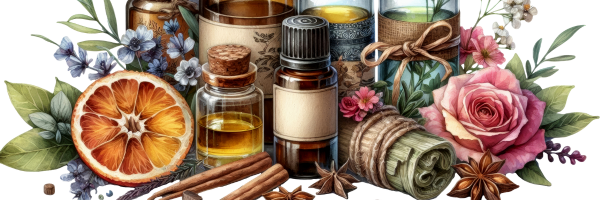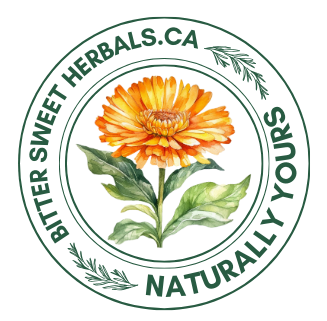Choosing essential herbs for your apothecary
When it comes to building a home apothecary, choosing the right herbs is essential. Having a well stocked herbal medicine cabinet can provide a peace of mind and a natural solution to common ailments. Here are some tips for selecting essential herbs for your apothecary.
Consider your family’s needs…
Think about the health concerns and issues that are most common in your household. Do you have children prone to dolds and flu? Are allergies a frequent problem? Do you have more serious health concerns like diabetes, heart conditions, or other? By identifying your family’s specific health needs, you can choose herbs that will be most beneficial.

Start with versatile herbs…
Some herbs have a wide range of uses and are considered staples in many apothecaries. Examples include: chamomile, lavender and peppermint, which can be used for everything from calming upset stomachs to promoting relaxation and sleep.
Herbs you should know and understand if you are in a wilderness survival situation for example, especially if you know they can be readily found growing in your area. They will help with wounds, healing and health in many different ways, and this is so basic it is just beginning to scratch the surface of what you can learn and discover.
YARROW – Achillea millefolium – stops bleeding internally or externally, helps control fevers when used as a tea or tincture, powdered, tinctured, tea and capsuled. It readily grows through the world, and is easily harvested and used for many purposes.
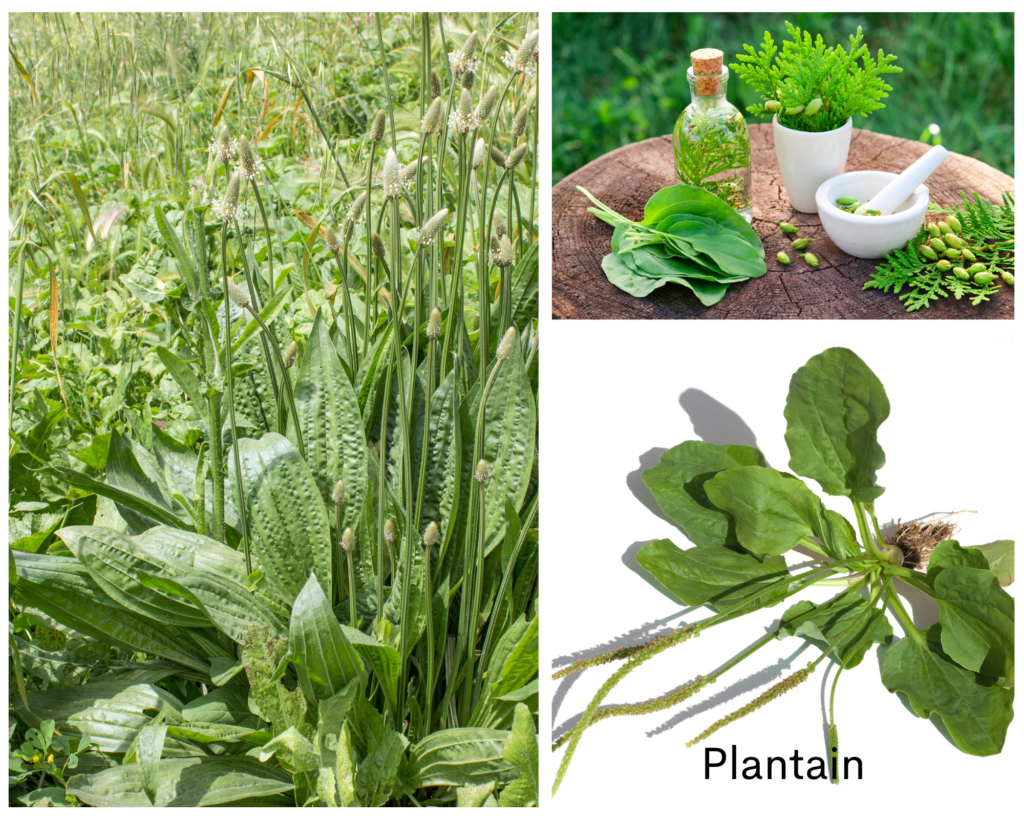
PLANTAIN – Plantago major – natures band-aid, drawing power to pull out splinters and other foreign objects, poisons from bites or stings, stops bleeding when used as a band-aid pack, fights infections from setting into a wounds, internally as a tea or capsule – dried leaves for poultice, oil, or salve.
WILLOW BARK – Salix alba – nature’s pain relief – anti-inflammatory, fever reducer, internal pain, eternal pain, tincture, capsules, and tea
COMFREY – Symphytum officinale – use for deep muscle and bone healing, incredibly fast closing of wounds, so caution on deep open wounds, only recommended on shallow or surface wounds – use topically for the healing of these small wounds – oil, salve, tea, tincture or poultice. Even a poultice will soak deep enough to heal deep muscle or bone wounds. Only take internally on the guidance of an herbalist or someone who knows about comfrey as in large amounts it can cause liver damage.
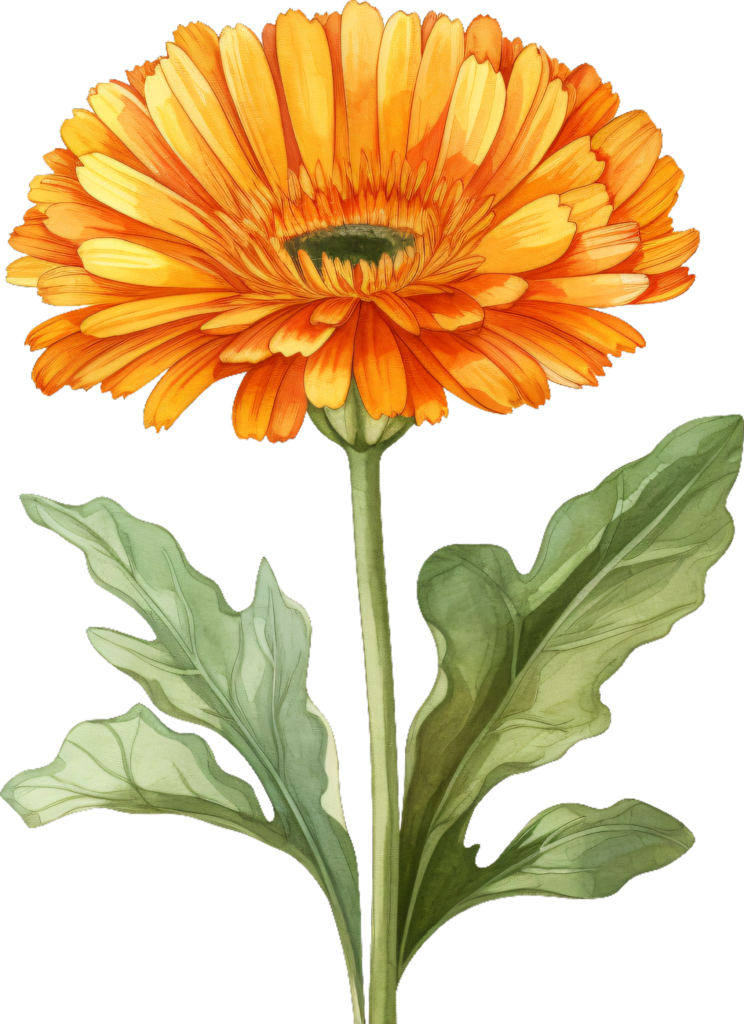
CALENDULA – Calendula officinalis – soothing digestion internally, cleansing the lymph, promotes skin healing topically, and oil for ear infections – oil, salve, tea, tincture, and without a doubt, one of my all time favorite skin salves as well as a strong topical antibiotic.
Research herbal remedies…
Take the time to educate yourself about different herbs and their medicinal properties. Look for reputable sources of information, such as books, websites, and herbalists. Understanding the benefits and potential risks of each herb will help you make informed choices for your apothecary.
If you have little children, then two very safe herbs to use for them include lavender (Lavendula angustifolia), which helps relieve tension and headaches, and chamomile (Matricaria chamomilla). Even lemon balm (Melissa officinalis). These three are safe for any age, meaning if you have elderly, or special needs situations, or someone who is reactive to many things, these 3 are generally considered safe for all.

If you have diabetes or heart conditions, chronic pain, migraines, joint pain, chronic anything really, do a little research and find what herbs could – in a pinch – cover for a medication until that medication could be found again. But….. and I mean this very definitively, do your very best to always have a 3-month supply of medication – prescriptions – on hand. This is a vital part of being self-reliant, which I always suggest. Tylenols, cold medications, and such things – you should also have a 3 month or more supply of regular over the counter meds and herbal options – up to a 1 year supply. This past pandemic situation showed us how quikly certain medications can just disappear from the shelves and not return for months. Be prepared. Know what you need, and what you absolutely can’t be without, and prepare as best you can.
With the information I know on the health of my family, my next top 5 – 10 herbs are to not be without, and would include some of the following:
ST. JOHN’S WORT – Hypericum perforatum – tinctures and capsules. Now when I say tinctures, it usually means alcohol based, but I suggest that for many of the tinctures you may create for your little ones, you consider using vegetable glycerin, simply because the taste will be like a “spoonful of sugar helping the medicine go down”.
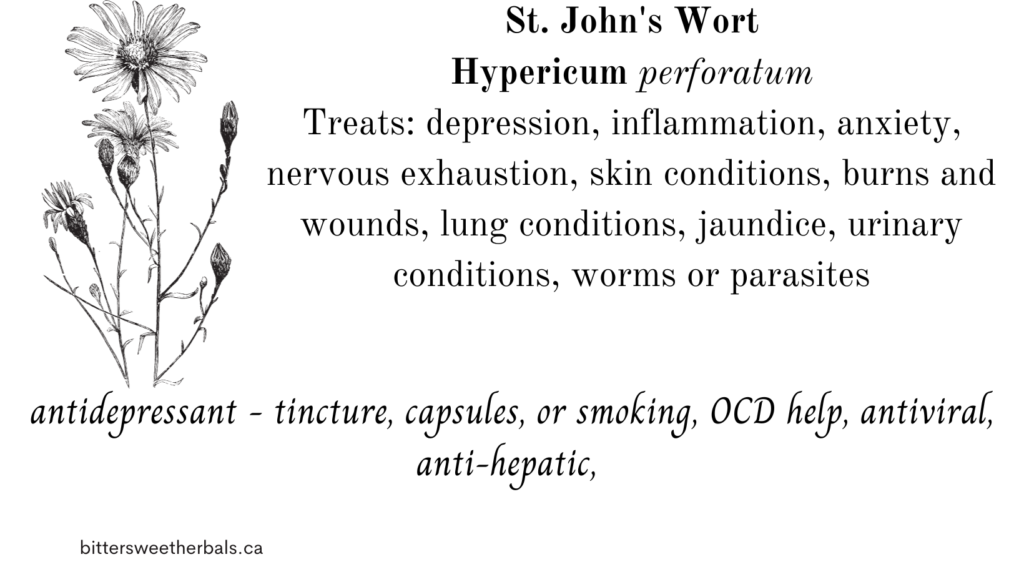
St. John’s Wort helps with – depression, inflammation, anxiety, nervous exhaustion, skin conditions, burns and wounds, lung conditions, jaundice, urinaray conditions, worms or parasites. It is most often used in today’s world as an antidepressant, but is also a great anti-inflammatory, OCD help, antiviral, anti-hepatic, and pain reliever both topical and internal.
Alcohol can be difficult for little ones to handle the taste, but it is definitely the quickest and most effective way to get the medicinal properties into you. The actual amount of alcohol is so very minimal, and has powerful effects, so don’t stress about this, you just need to make sure you get it in them, whether mixed with juice or something like that.
GINSENG – Panax ginseng – can be taken as a tincture, tea or capsule. Great for adrenal depletion, normalizing immune function and to help reduce type 2 diabetes. It is a nervous system stimulant, not a relaxant. But one of the best adaptogens out there.
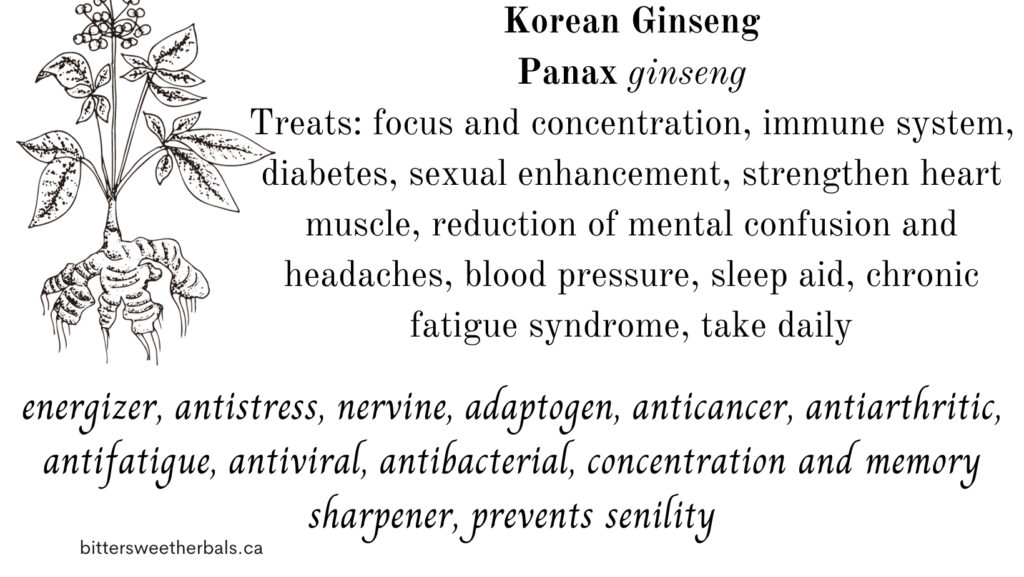
Panax ginseng or Asian ginseng helps with: focus and concentration, immune system, diabetes, sexual enhancement, strengthen heart muscle, reduction of mental confusion and headaches, blood pressure, sleep aid, chronic fatigue syndrome, and can be taken daily. It is known as an energizer and has the following properties: antistress, nervine, adaptogen, anticancer, antiarthritic, antifatigue, antiviral, antibacterial, concentration and memory sharpener, prevents senility.
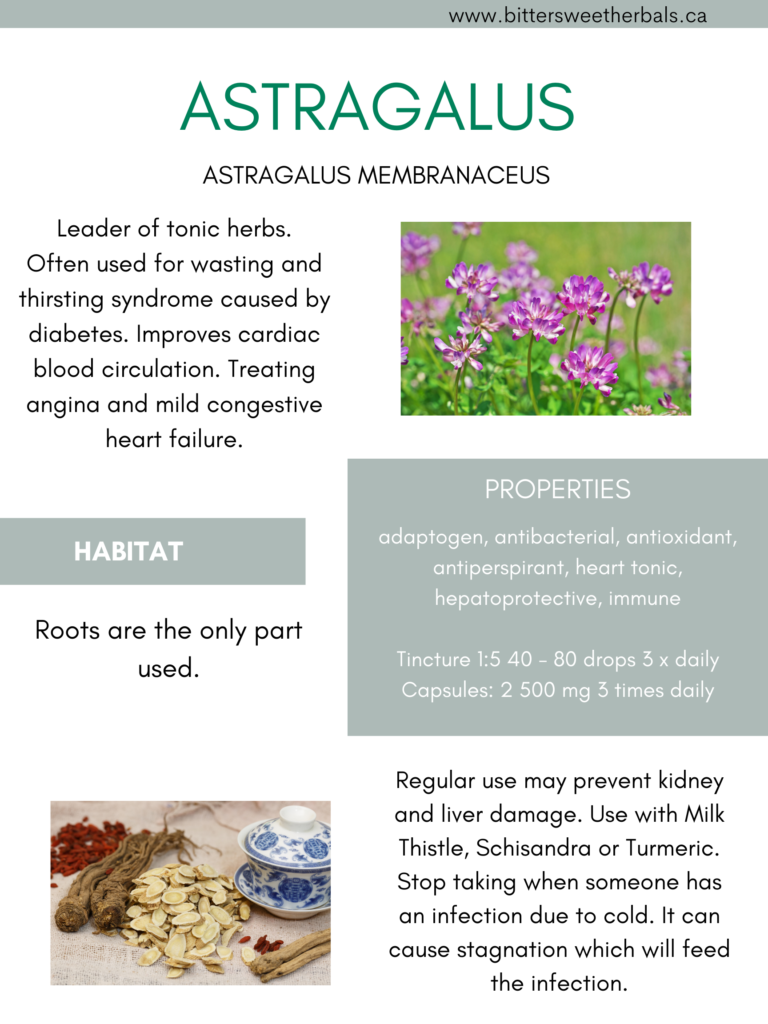
ASTRAGALUS – Astragalus membranaceus – taken as tincture or capsules, aaand used for things like wasting and thirsting syndrome caused by diabetes. It improves cardiac blood circulation, angina and is a strong immunomodulator.
MOTHERWORT – leonurus cardiaca – is usually taken as a tincture or capsule. I love this herb! Great for strengthening the heart, palpitations, stress, anxiety, hypertension – a relaxing nervine – but avoid use if pregnant.
MILK THISTLE – Silybum marianum – capsules, tea or tincture – I would use this specific herb for a person who has liver problems, or in addition to herbs used for digestive issues. It is a great liver regeneration herb.
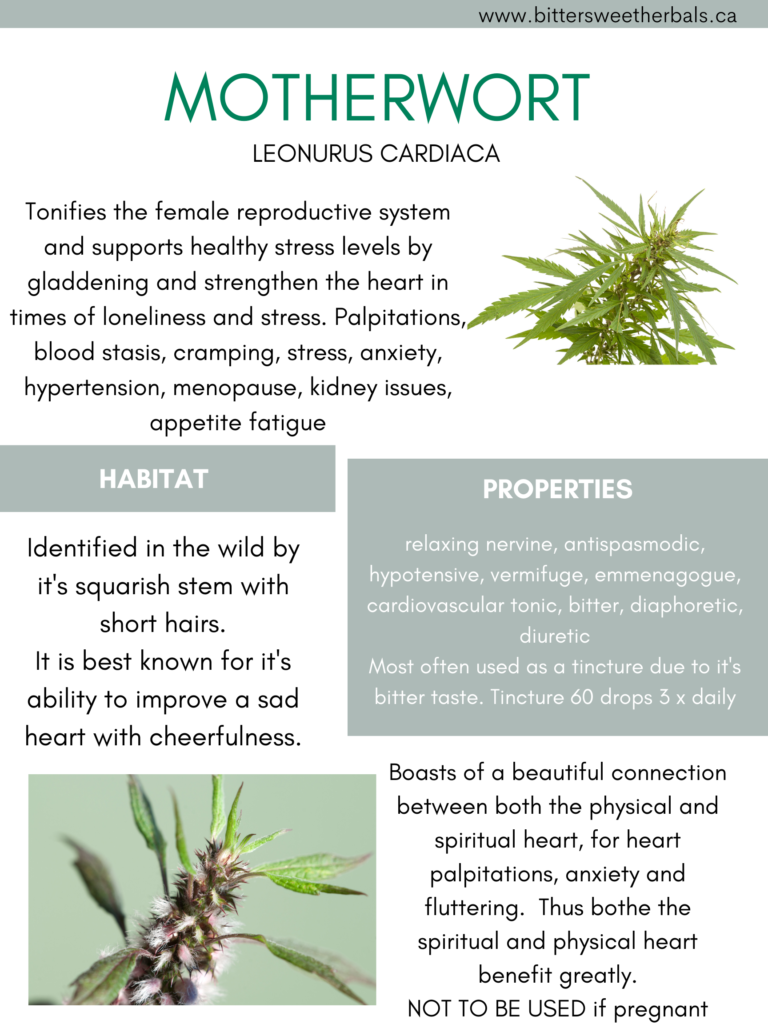
BURDOCK – Arctium lappa – root tincture or tea – in the Asian cultures, it is often used in soups and stir fries and can be found called Gobo root. The bruised leaves will help stop bleeding, and the roots are known to purify blood.
HAWTHORN – Crataegus monogyna – used as tincture, tea hot or cold, capsules. It is a strong restorative tonic for the heart and circulatory system. Use for angina pain and mild heart conditions. An excellent nervine and adaptogen. Has treated heart disease for thousands of years in many cultures, irregular heartbeat, high blood pressure, chest pain, and hardening of the arteries.
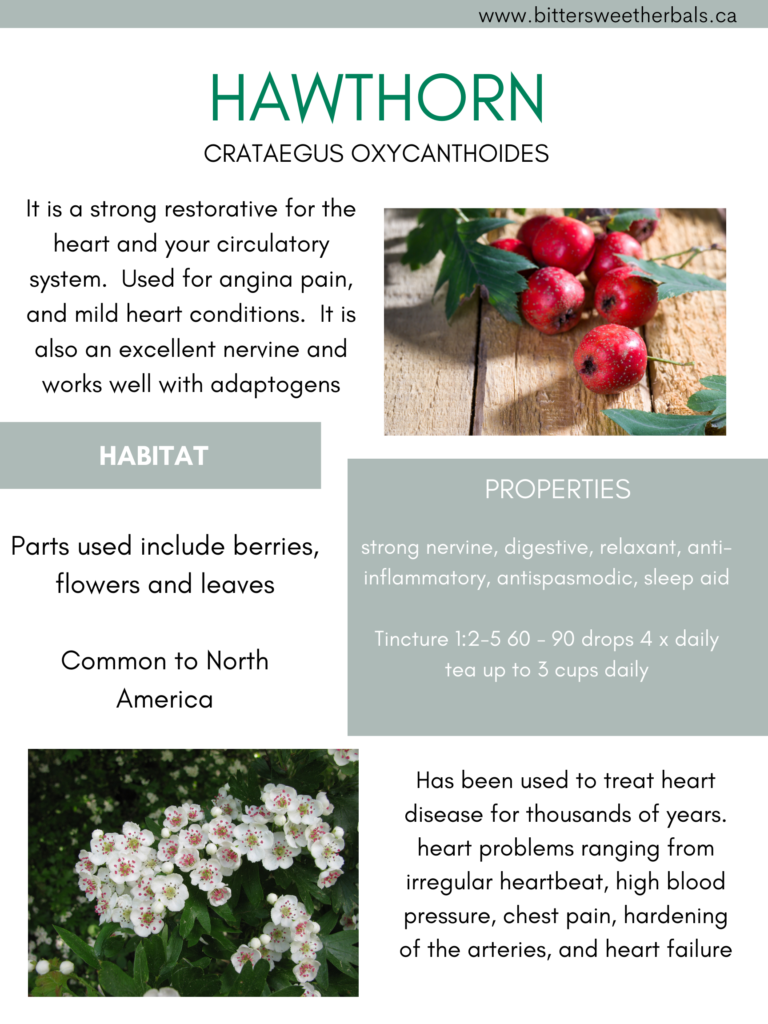
PASSIONFLOWER – Passiflora incarnata – taken as tinctures or capsules mostly. The perfect gentle nervine, especially during times of stress. An analgesic, anxiolytic, anti-spasmodic, and antidepressant. I have used Passionflower with St. John’s Wort to help when I have restless syndrome and it always offers relief.
SKULLCAP – Scutellaria lateriflora – Taken as tinctures or capsules – especially helpful for chronic nervous tension and anxiety, insomnia, hysteria, sciatica, and has even shown promising effects with Parkinson’s disease and vertigo.
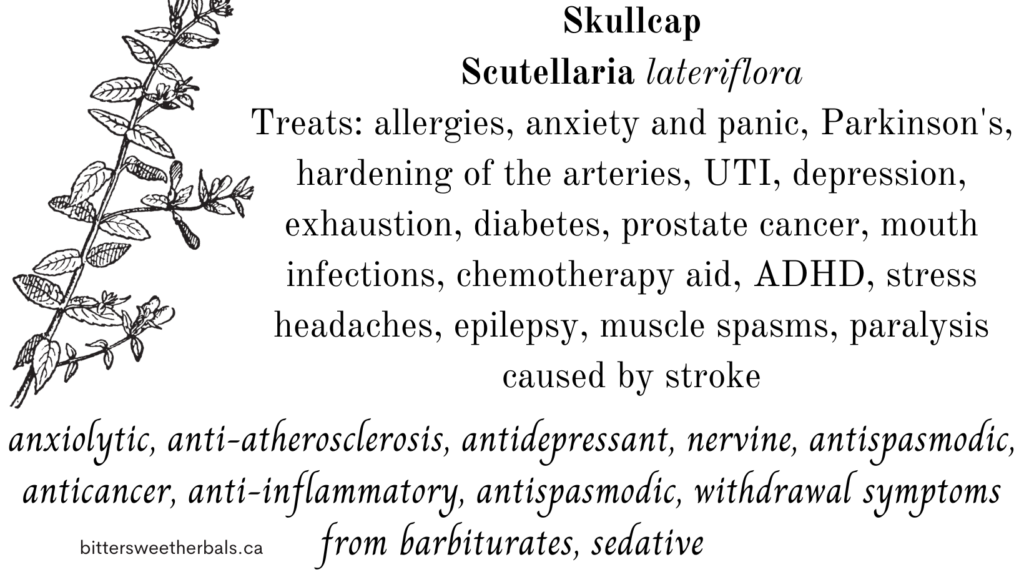
VALERIAN – Valeriana officinalis – root capsules – or tincture mixed in a formula – a strong pain reliever and sedative for insomnia, depression, and anxiety or panic attacks. Use with feverfew for migraines and cluster headaches. It can help ease heart palptations, is a support for ADHD, promotes natural sleep for children. Is a great brain tonic for mental exhaustion needing relief, and is often used to help overcome trauma.

Consider growing your own herbs…
If you have the space and resources, growing your own herbs can be a rewarding way to ensure a fresh and sustainable supply. Many herbs are easy to grow in containers or small gardens, making it accessible even for those with limited gardening experience.

Invest in quality herbs…
When purchasing herbs for your apothecary, opt for high-quality, organic products whenever possible. This ensures that you are getting the most potent and effective herbs for your family’s health.
By carefully selecting essential herbs for your apothecary, you can create a valuable resource for maintaining your family’s well-being in a natural and sustainable way. With the right herbs on hand, you will be prepared to handle a variety of health issues that may arise, making herbal medicine an invaluable addition to your self-reliance efforts.
Time to put your knowledge to work and get building your home apothecary. Let’s see what you can do! I can’t wait to hear about it!

Bitter Sweet Herbals
